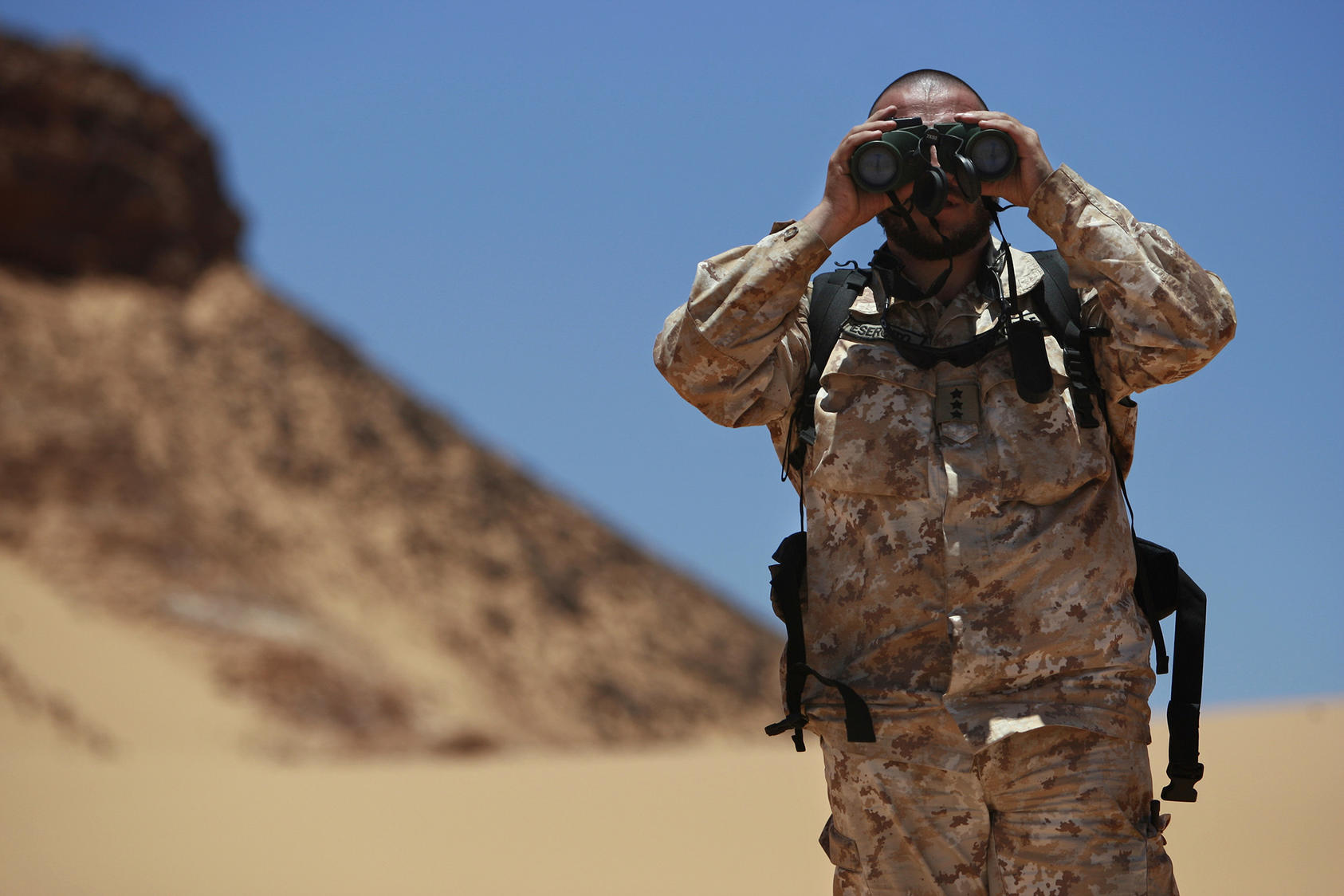Far from helping resolve conflict, flawed cease-fires and cease-fire monitoring may well contribute to significantly increased mistrust between the parties to that conflict. The consequences may be even more damaging; as cease-fires are often one of the first objectives a mediator attempts to achieve, in the eyes of the combatants, early failure may more broadly damage the viability, or the perception of viability, of external action to effectively resolve the conflict.

Continue reading about innovations to respond to the increasing challenges to cease-fire monitoring.



